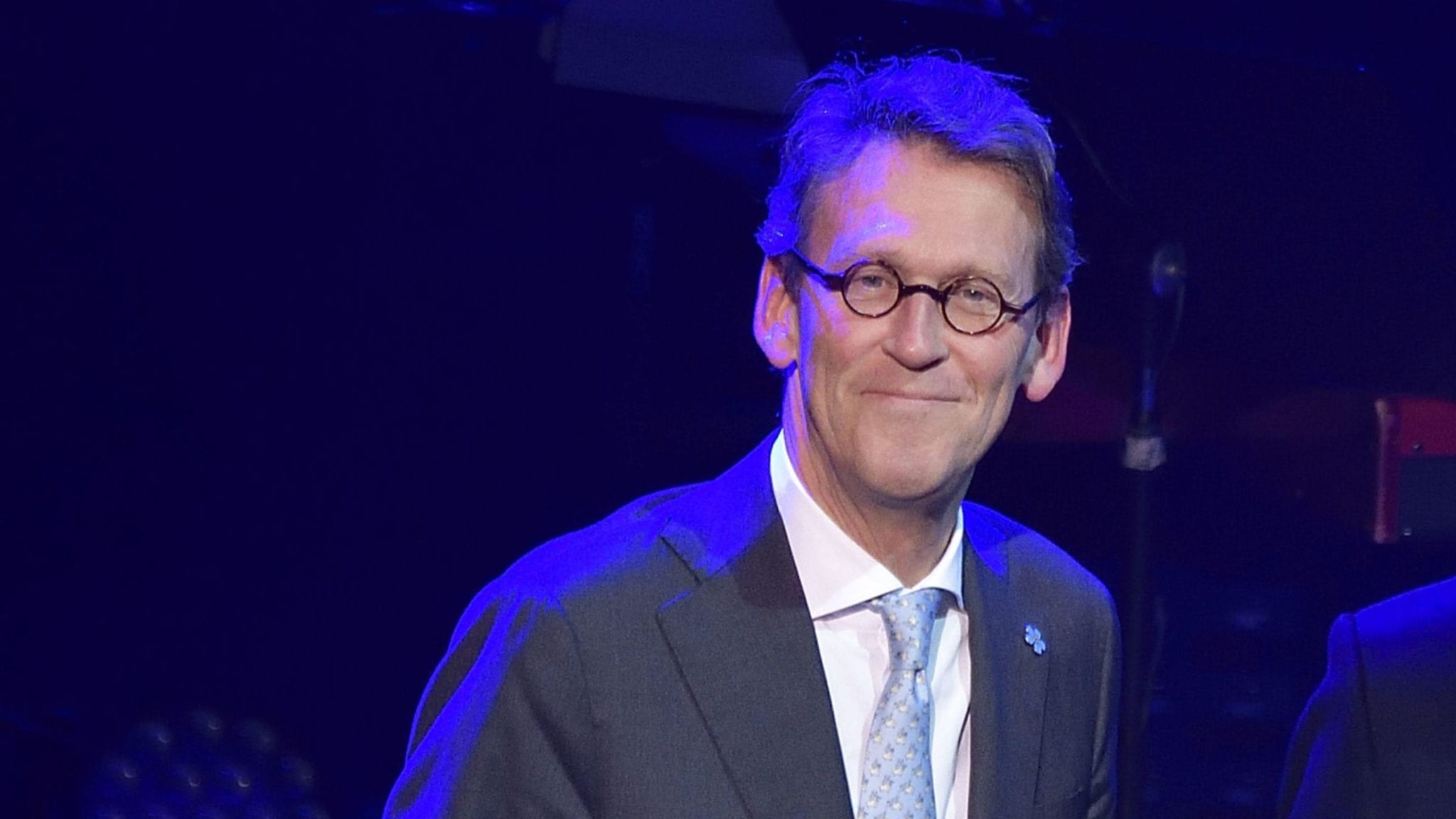
As venture funding in oncology flourishes, neuro has seen shallower pockets. A European investor wants to change that
Big Pharma has retreated from neuroscience over the past several years, abandoning or trimming back programs after facing setbacks in difficult-to-treat brain disorders. And now, René Kuijten says dementia opportunities remain “largely unfunded.”
That’s where European life sciences investor LSP comes in.
Kuijten, LSP’s managing partner, founded the LSP Dementia Fund to support biotechs searching for new treatments for neurodegenerative diseases. In the last few months, he’s pulled together €50 million ($60.5 million), and he hopes to eventually raise at least €150 million ($181.7 million).
Unlock this article instantly by becoming a free subscriber.
You’ll get access to free articles each month, plus you can customize what newsletters get delivered to your inbox each week, including breaking news.